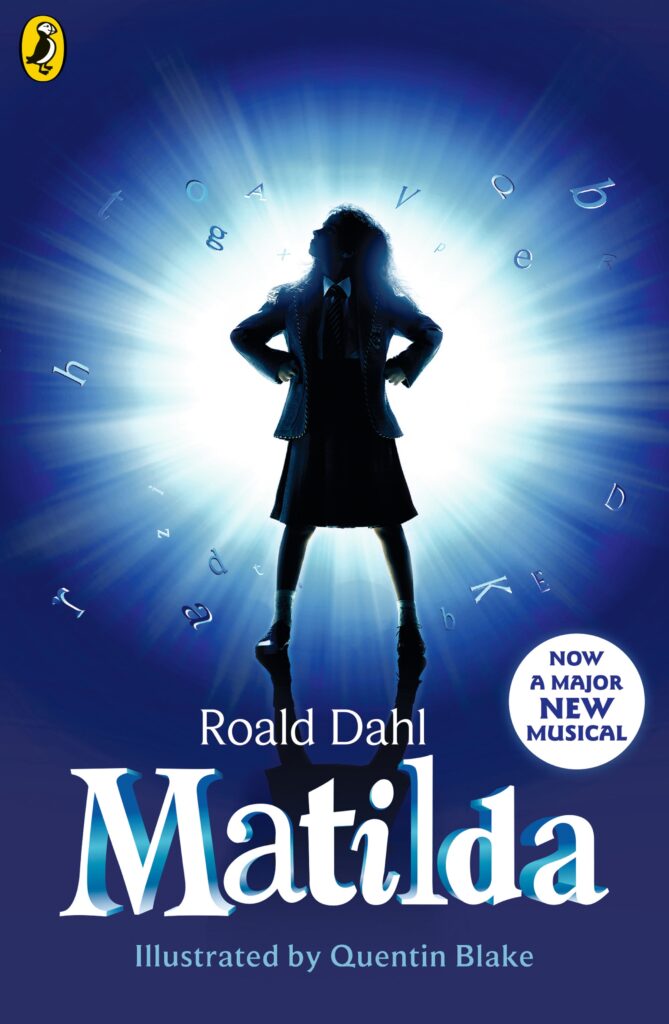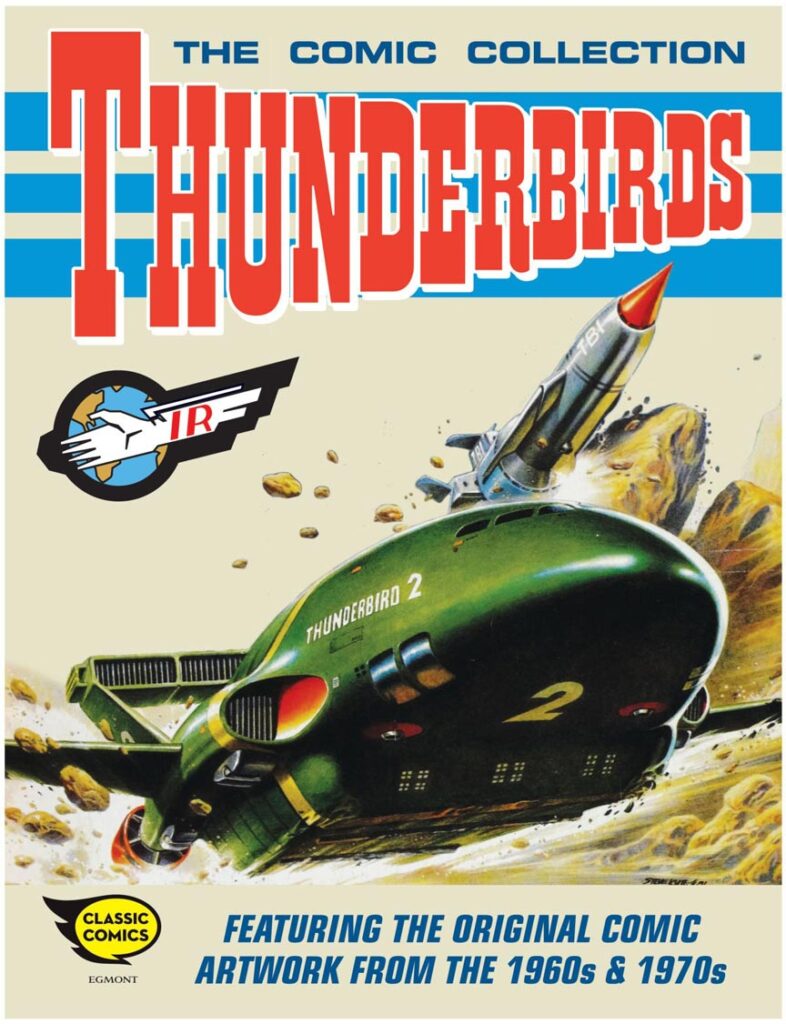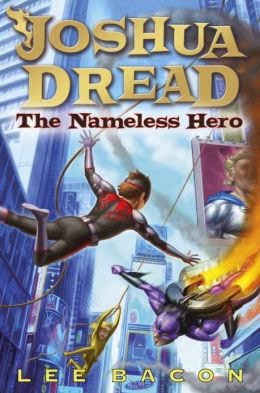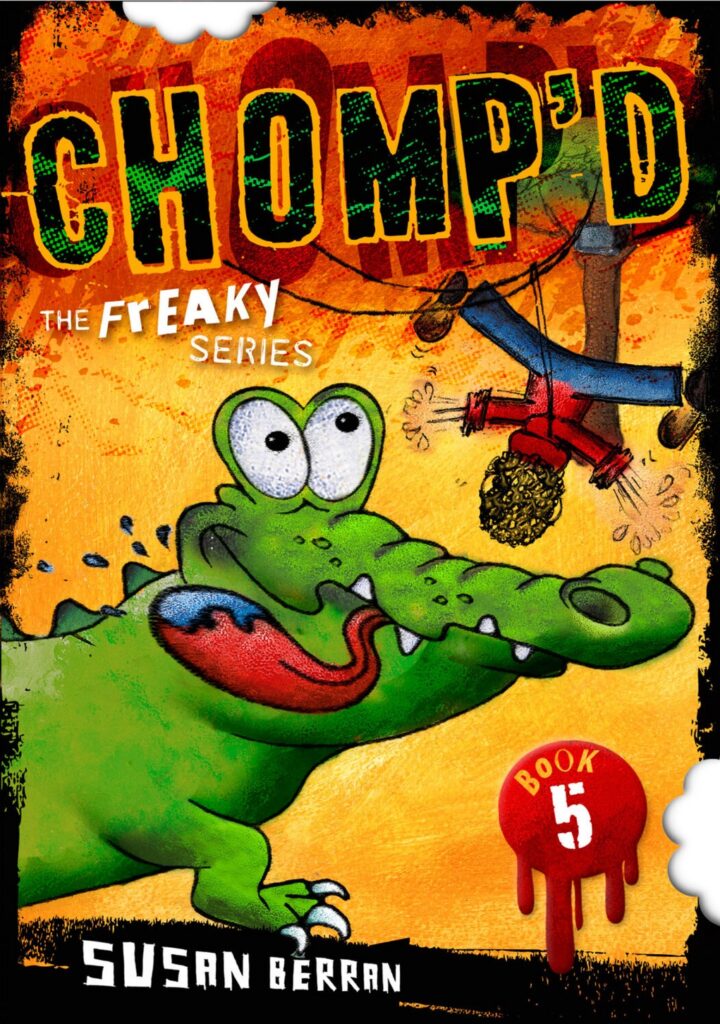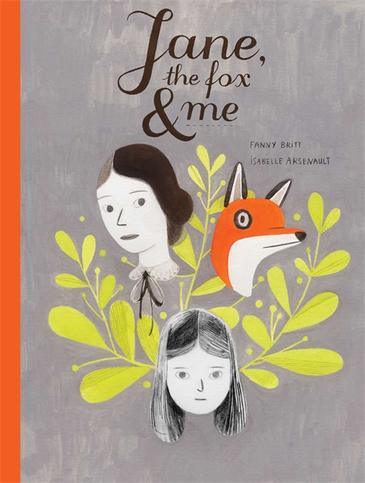Roald Dahl (text), Quentin Blake (illus.), Matilda (Theatre tie-in), Puffin/Penguin, 19 January 2015, First published 1988, 256pp., $14.99 (pbk), ISBN 978 0 141 34124 8
Tim Minchin and Dennis Kelly have created a new musical, adapting Roald Dahl’s Matilda. I haven’t seen it yet, and I don’t know how much the story has been tweaked for the stage, but Penguin have brought out a new print of the original novel, to promote the musical, and to encourage a re-reading of a popular favourite. So I did just that – re-read it after nearly thirty years.
Dahl’s masterful control of plot and character is as good as it always was, and there is a laugh on every page. The child characters, although abominably treated by the adult characters, win out in the end. And Matilda finds happiness. There’s plenty of slightly disgusting action, such as itching powder and golden syrup on seats to delight young readers.
However, I find I am left with an uncomfortable sense of distaste when I close the pages. I may turn out to be the bad fairy at the christening, but listen for a moment. Appended to this print are facts about Dahl and Quentin Blake, the illustrator. Dahl is quoted as saying, ‘I think kindness is the number one attribute in a human being.‘ There is little kindness displayed in Matilda. Revenge is the purpose of most of the action.
Let me remind you of the story. Matilda is a child genius. She teaches herself to read at the age of four, reads Dickins, Conrad, Hemingway and others when she’s five, and develops powers of telekinesis in her first year at school. She is the youngest of a terrible family, who sneer at her love of books, and tell her she’s stupid, lazy and ugly. ‘Looks are more important than books‘ is the awful mantra in Matilda’s family.
The trouble is that this little paragon responds in kind. Her father’s job is selling used cars, the clutches of which he 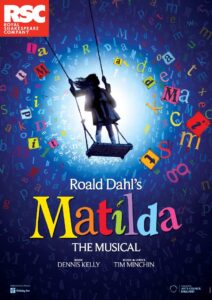 has filled with sawdust. He has also tweaked the speedometers. Mrs Wormwood spends her days at Bingo and serves up horrid take-aways for tea. Both are ugly and wear unfashionable clothes. Mrs Wormwood is fat, Mr Wormwood is skinny. Their abuse is too much for Matilda, whose cleverness enables her to stick her father’s hat on his head with superglue and terrify her family by putting a talking parrot up the chimney, among other vengeances. Matilda is a girl with agency. She sees injustice and punishes the perpetrator. She is good to her friends, and hard on her enemies.
has filled with sawdust. He has also tweaked the speedometers. Mrs Wormwood spends her days at Bingo and serves up horrid take-aways for tea. Both are ugly and wear unfashionable clothes. Mrs Wormwood is fat, Mr Wormwood is skinny. Their abuse is too much for Matilda, whose cleverness enables her to stick her father’s hat on his head with superglue and terrify her family by putting a talking parrot up the chimney, among other vengeances. Matilda is a girl with agency. She sees injustice and punishes the perpetrator. She is good to her friends, and hard on her enemies.
The Headmistress at Matilda’s school, Miss Trunchbull, is equally loathsome and equally badly dressed. She specialises in flinging children out of first storey windows or twirling little girls around by their plaits. She is also greedy and cruel to her niece, the lovely Miss Honey, Matilda’s classroom teacher. Miss Honey is poor but beautiful – not skinny, but slim – and is the only one who recognises Matilda’s genius.
As I was reading the book there was a campaign launched to counteract the racism displayed against Adam Goodes, and a plea from the brave Australian of the Year, Rosie Batty, to teach our children respect for others. We are asked to refrain from the abuse of those around us, tolerate differences, be sympathetic to the disadvantaged, and refrain from violence. No-one in Matilda does any of that. None of the adults, apart from Miss Honey, tolerates Matilda or any of her classmates’ quirks, little sympathy is shown to the persecuted children. Violence is a natural part of life, and usually the second response of adults, after abuse.
And Dahl is a master of abuse. Over three pages, Matilda is called ‘an unhatched shrimp‘, ‘a disgusting little cockroach‘, ‘a filthy little maggot‘, ‘a vile, repulsive, repellant, malicious little brute’, and ‘a clotted carbuncle‘ among other epithets, by Miss Trunchbull. Dahl’s inventiveness is displayed to a high degree.
Young readers will probably see the joke. In this upside down world, watching rubbish on TV is better than reading, head teachers are awful, poverty is better than wealth, parents hate their children. Read Matilda and enjoy it for its laughs, but think about how the bad people must feel. How would you feel if you had a hat stuck to your head with superglue? How would you feel if nobody loved you?
Reviewed by Stella Lees

